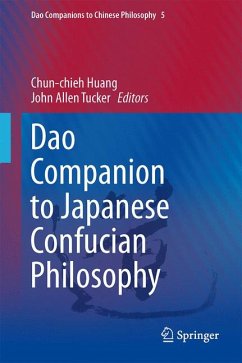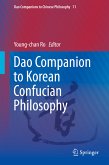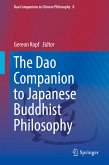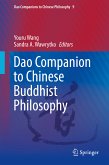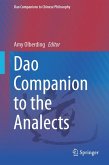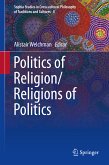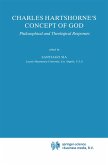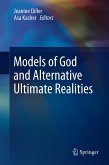This volume features in-depth philosophical analyses of major Japanese Confucian philosophers as well as themes and topics addressed in their writings. Its main historical focus is the early-modern period (1600-1868), when much original Confucian philosophizing occurred. Written by scholars from the United States, Canada, Europe, Australia, Japan, and China and eclectic in methodology and disciplinary approach, this anthology seeks to advance new multidimensional studies of Japanese Confucian philosophy for English language readers. It presents essays that focus on Japanese Confucianism, while including topics related to Buddhism, Shinto, Nativism, and even Ando Shoeki ¿¿¿¿ (1703-1762), one of the most vehement critics of Confucianism in all of East Asia. The book builds on the premise that Japanese Confucian philosophy consists in the ongoing engagement in critical, self-reflective discussions of and speculative theorizing about ethics, epistemology, metaphysics, political theory, and spiritual problems, as well as aesthetics, cosmology, and ontology.
Dieser Download kann aus rechtlichen Gründen nur mit Rechnungsadresse in A, B, BG, CY, CZ, D, DK, EW, E, FIN, F, GR, HR, H, IRL, I, LT, L, LR, M, NL, PL, P, R, S, SLO, SK ausgeliefert werden.

